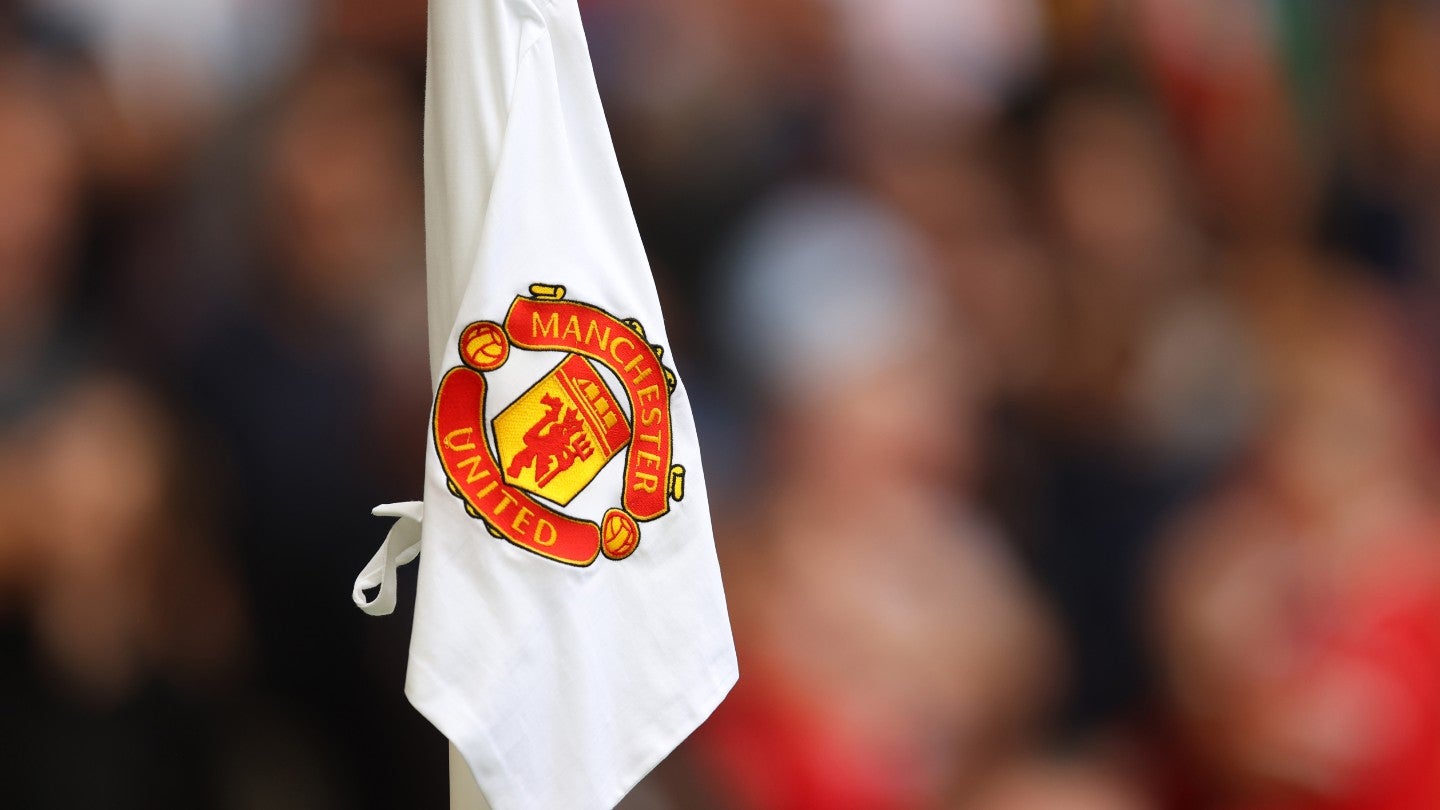
Manchester United, the English soccer giants, have announced record second quarter (Q2) revenue, driven by a significant increase in broadcast income due to the club’s participation in the UEFA Champions League (UCL) elite European club competition.
For the three months ended December 31, 2023, the club generated total Q2 revenue of £225.8 million ($288.4 million), up 34.9% from £167.3 million in the prior year.
Broadcast revenue contributed heavily, with the Premier League club generating £106.4 million, up £47.6 million (81%) from 2022, as the team was competing in the second-tier UEFA Europa League last year.
That revenue is expected to fall, however, after the club's early exit from the Champions League this season, as they failed to make it out of the group stage.
Matchday revenue was also up for the quarter, coming in at £47.6 million, an increase of £17.7 million (59.2%) from the previous year.
This was attributed to playing two more home games in the quarter compared to 2022 and participation in the Champions League.

US Tariffs are shifting - will you react or anticipate?
Don’t let policy changes catch you off guard. Stay proactive with real-time data and expert analysis.
By GlobalDataHowever, Man United’s commercial revenue was down £6.9 million (8.8%) for the quarter to £71.8 million. Sponsorship income dropped by £11.2 million (22.2%) to £39.2 million which the club said was due to “a one-off sponsorship credit in the prior year quarter.”
Meanwhile, retail, merchandising, apparel, and product licensing revenue was £32.6 million, an increase of £4.3 million (15.2%), largely due to the extension of the club’s kit supply contract with German sportswear giant Adidas.
United secured one new partner in the quarter, bringing b2c e-commerce platform Scayle on board in January as its official e-commerce partner.
For Q2, United posted an overall profit of £20.4 million, a huge increase from £6.3 million in the same period last year.
Total operating expenses for the quarter were £198.7 million, a rise of £31.1 million, while earnings before interest, taxes, depreciation, and amortization (EBITDA) came to £91.4 million, up from £48.3 million.
Despite strong Q2 figures, United’s early UCL exit has led to the club lowering its revenue forecast for the financial year to between £635 million and £665 million after previously projecting £650 million to £680 million.
Adjusted EBITDA is expected to be between £125 million and £150 million from prior guidance of £140 million to £165 million.
In addition, the club could potentially miss out on Champions League qualification next season as they currently sit sixth in the Premier League.
In Q1, United generated total revenue of £157.1 million and a net loss of £25.8 million.
In the second quarter, the club announced the completion of the minority investment by Jim Ratcliffe which includes an additional $300 million of primary investment, $200 million of which was received immediately.
The billionaire concluded a deal to secure a 25% minority stake in Manchester United in December, worth around £1.3 billion.
The deal valued the club at £6.2 billion and has seen Ratcliffe, owner of petrochemical giant Ineos, take full charge of the club’s sporting operations from the majority owners, the US-based Glazer family.
Ratcliffe has already taken steps to bring in his own senior leadership team and has appointed Omar Berrada, the chief football operations officer at City Football Group, the parent company of local rivals Manchester City, as chief executive.
Dan Ashworth is also expected to join from Newcastle United as technical director, meanwhile.
Last Friday, United announced the creation of a joint task force to explore options for building a new Old Trafford stadium.
The Old Trafford Regeneration Task Force will be chaired by Sebastian Coe, the former chair of the organizing committee for the 2012 London Olympics, and current president of the World Athletics governing body.
The 10-person task force “will assess the feasibility of a new stadium of national significance equipped to host international games and finals, as well as providing a modernized home for Manchester United.”



